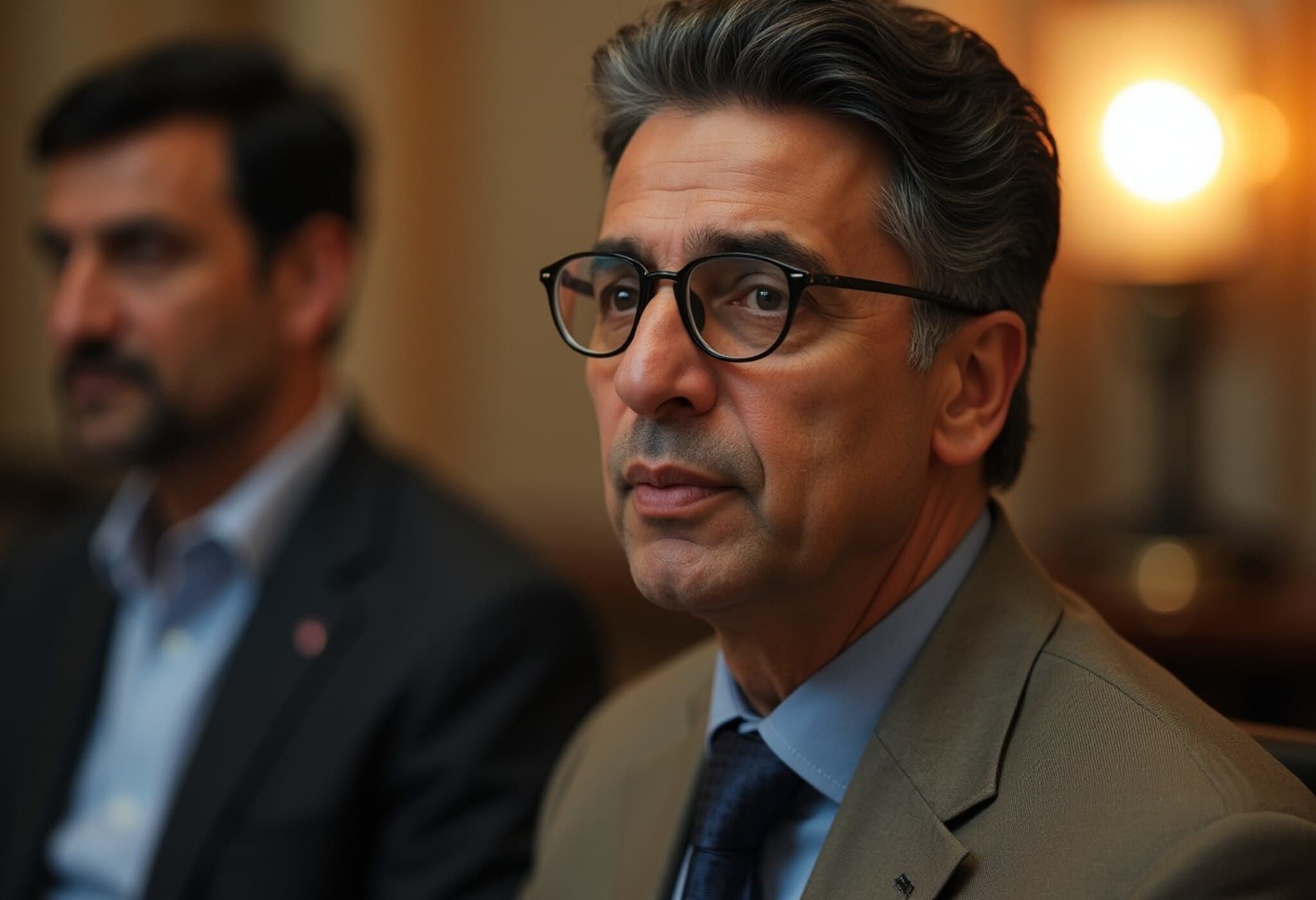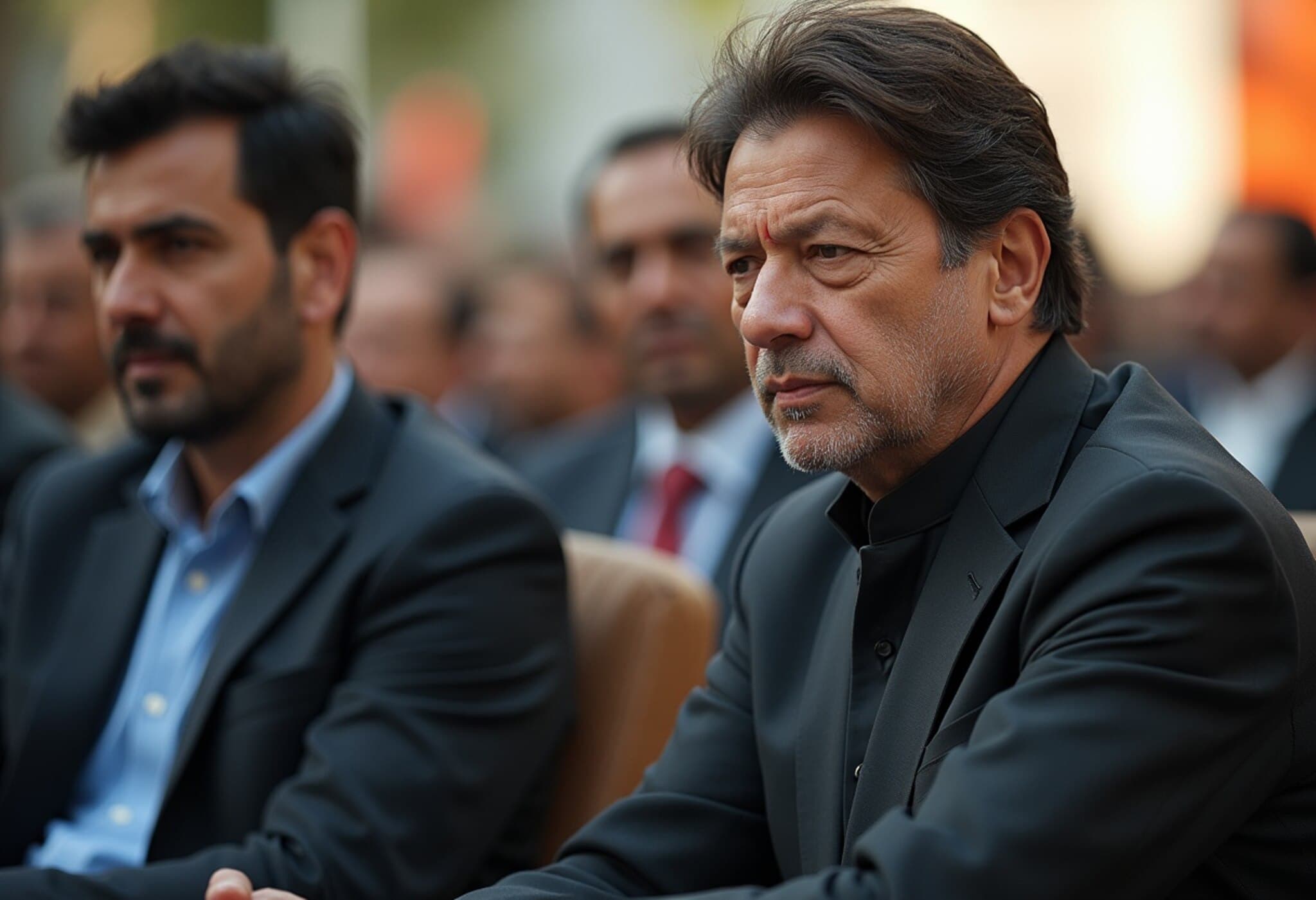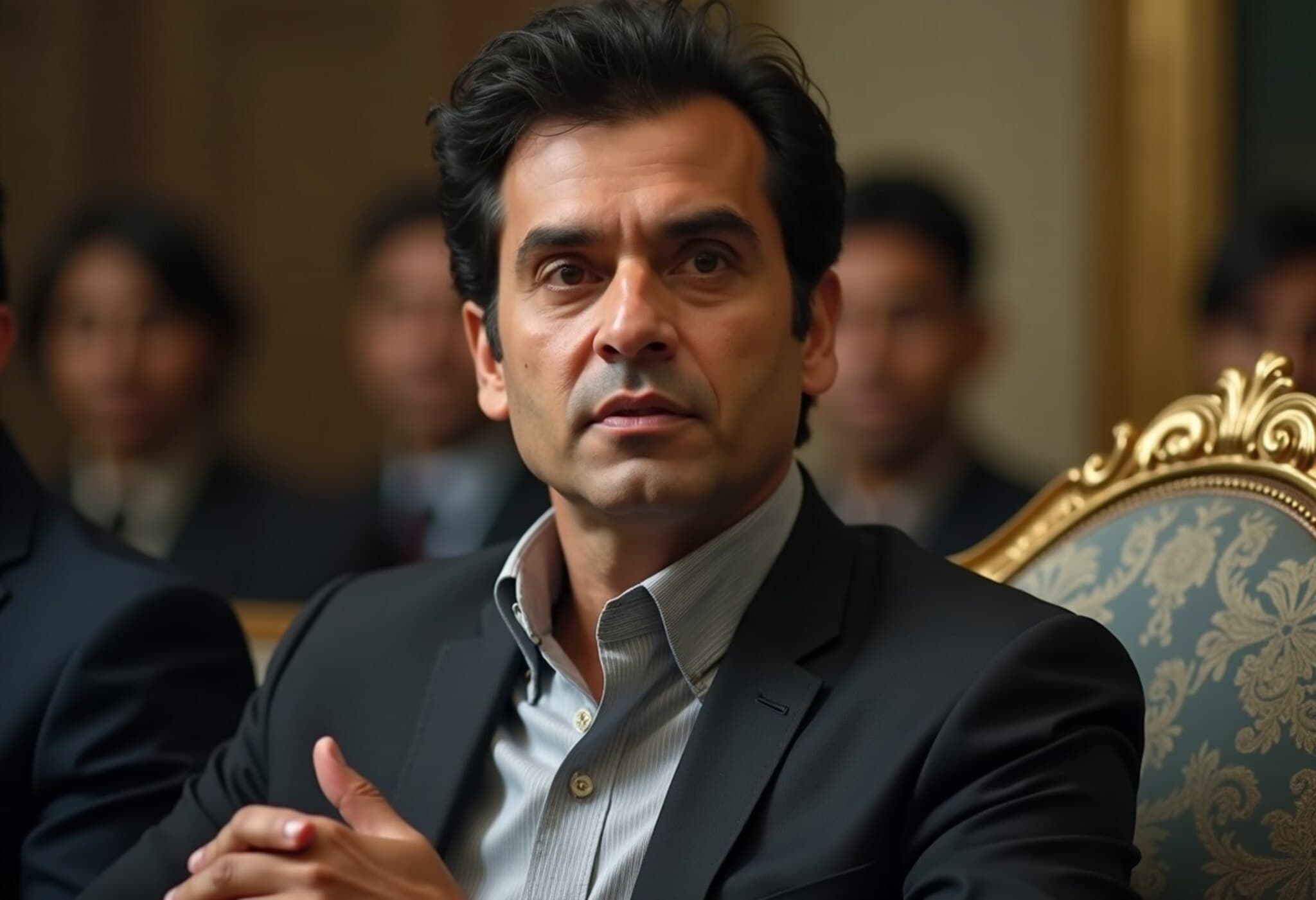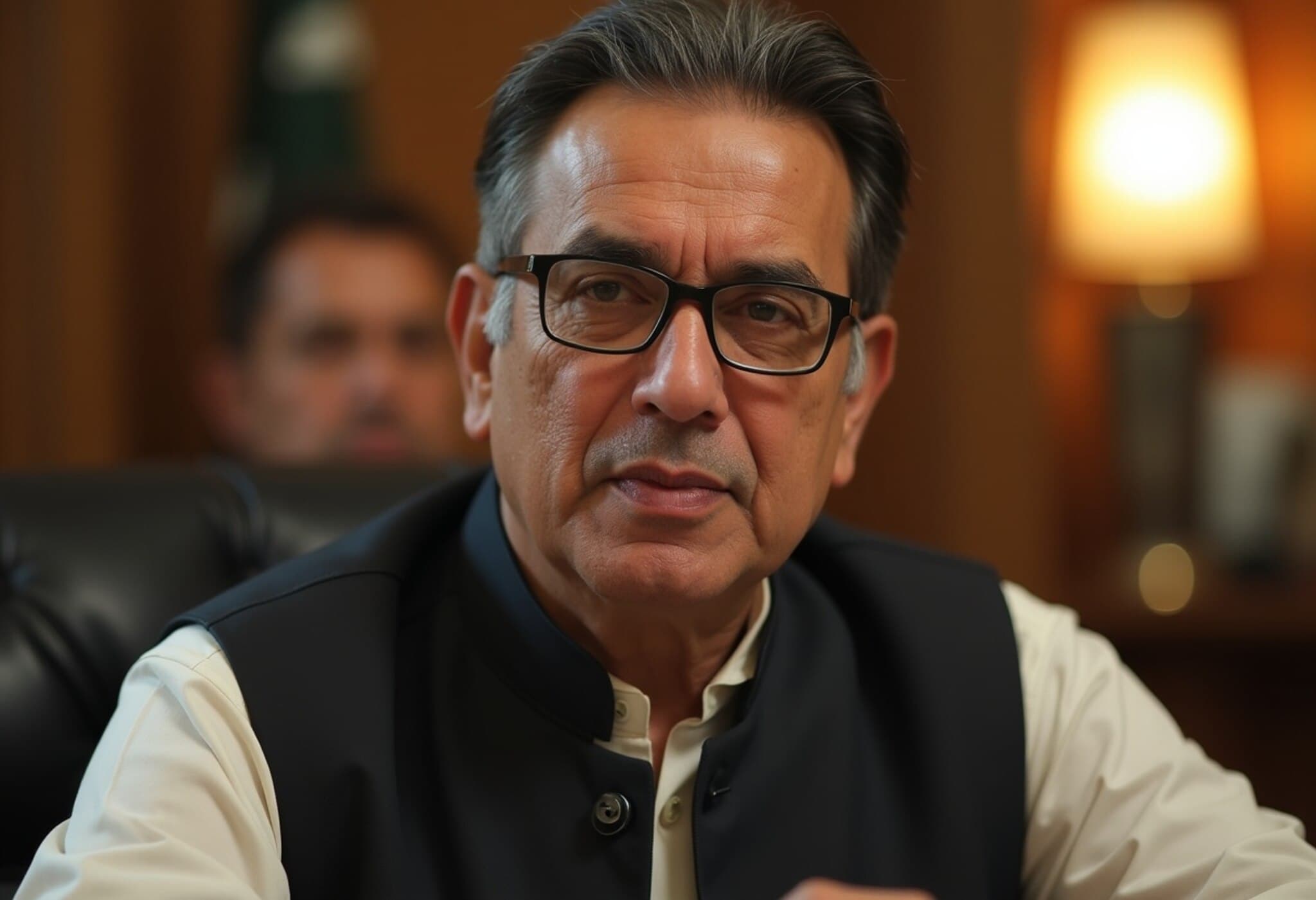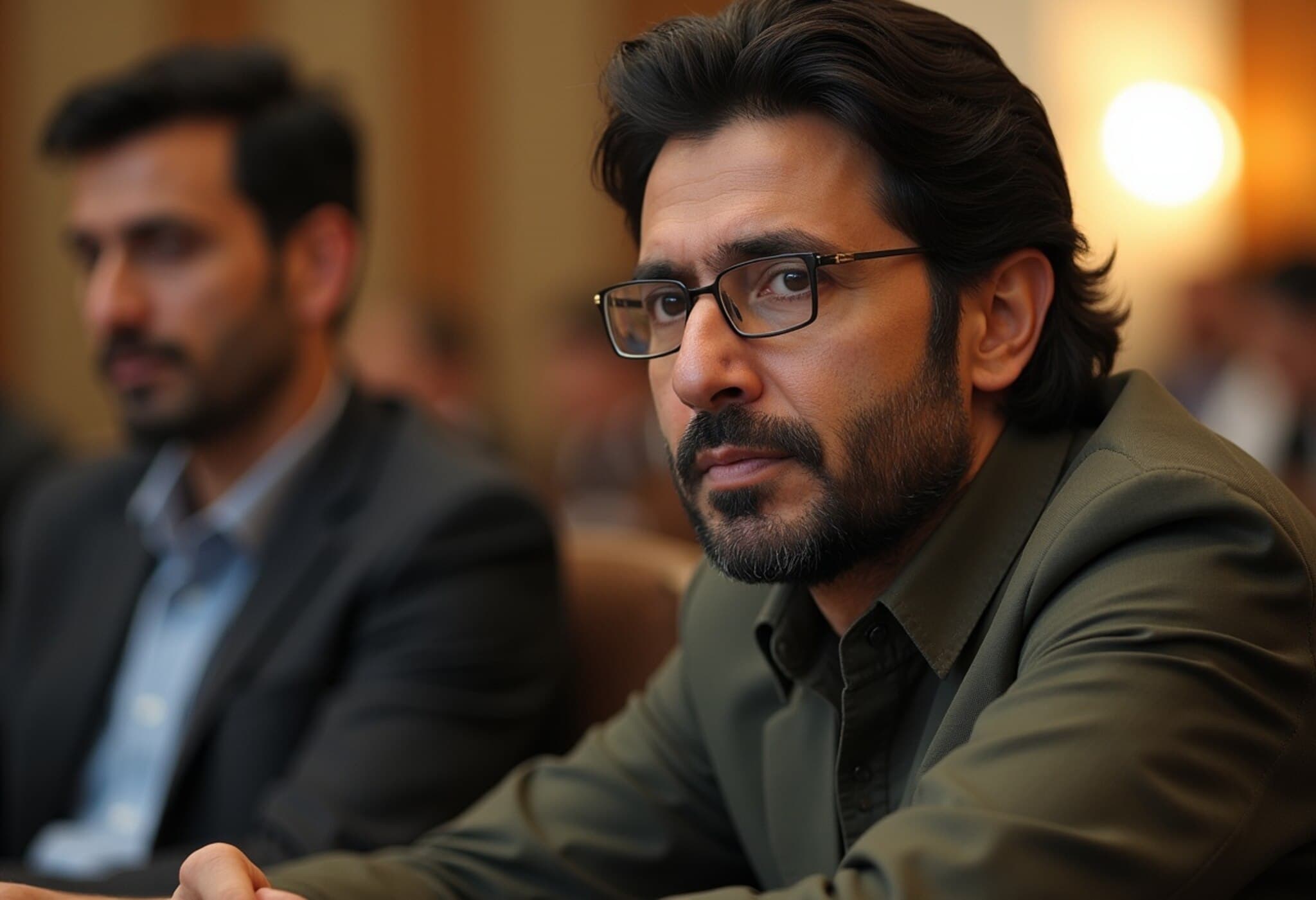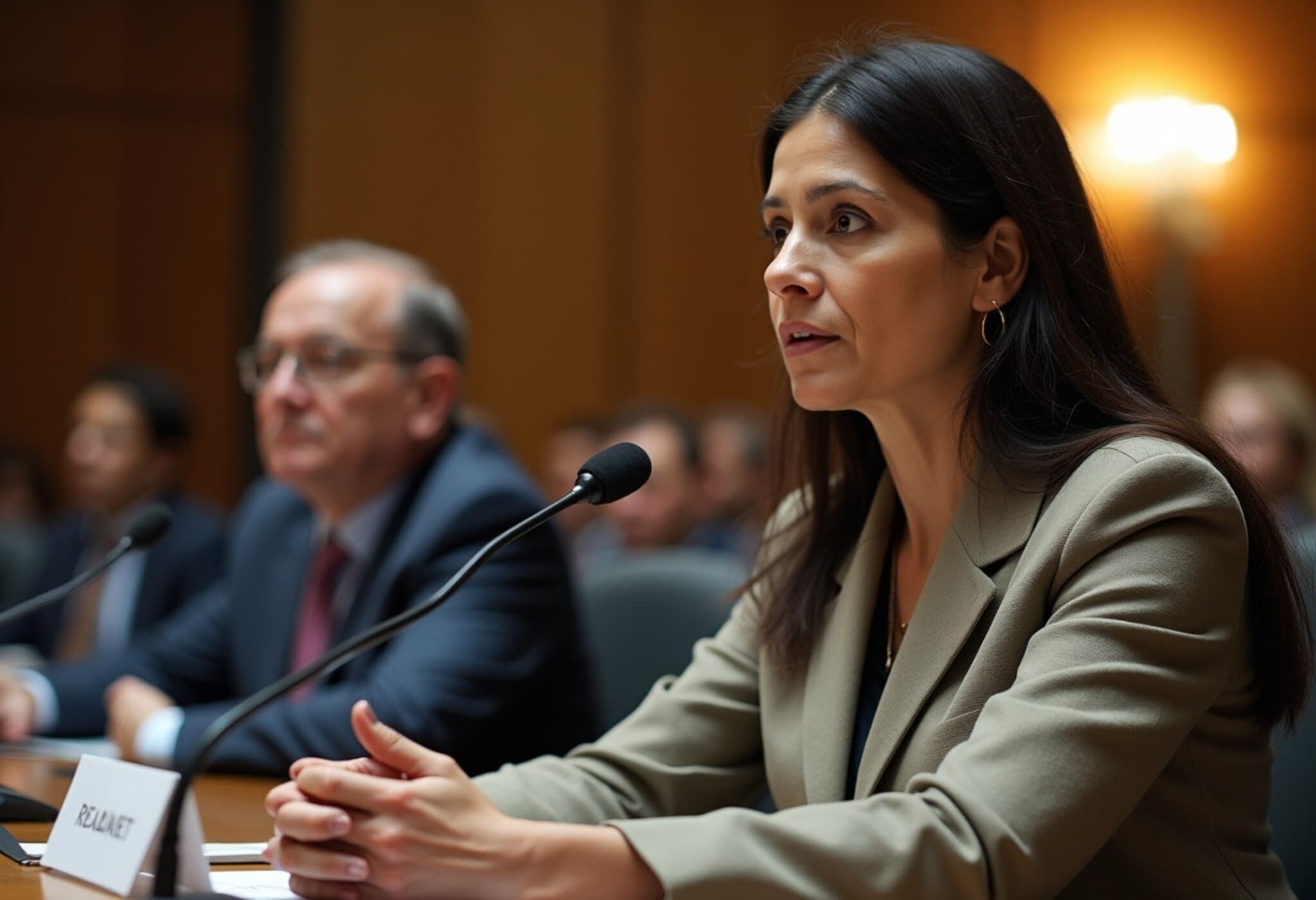PTI Criticizes Bilawal Bhutto's Extradition Suggestion as Politically Naive
In a recent turn of events sparking political debate across Pakistan, the Pakistan Tehreek-e-Insaf (PTI) vehemently criticized Bilawal Bhutto Zardari, the chairman of the Pakistan People’s Party (PPP) and former foreign minister, labeling him an "immature political child" for his controversial remarks regarding potential extradition of terror suspects to India. This clash underscores deep divisions in Pakistan’s approach to national security and foreign policy amid ongoing regional tensions.
Bilawal’s Controversial Proposal Sparks Outcry
Speaking in an interview with Al Jazeera, Bilawal Bhutto Zardari suggested that extraditing individuals labeled as threats by India, including Lashkar-e-Taiba (LeT) chief Hafiz Saeed and Jaish-e-Mohammed (JeM) leader Masood Azhar, could serve as a confidence-building measure between the two nations. Bilawal said, "As part of a comprehensive dialogue with Pakistan, where terrorism is one of the issues we discuss, I am sure Pakistan would not be opposed to any of these things." He emphasized the need for cooperation in international legal processes, including the provision of evidence and witness testimonies, to facilitate such extraditions.
However, Bilawal also highlighted the challenges posed by what he termed "noncompliance" from India on cross-border terrorism cases. Despite his call for dialogue, his suggestion to extradite these high-profile figures — who are deeply controversial and symbolically significant in Pakistan’s political narrative — was met with fierce resistance.
PTI’s Strong Rebuttal Focuses on National Security and Legacy
Sheikh Waqas Akram, spokesperson for the PTI and ally of the imprisoned former Prime Minister Imran Khan, swiftly condemned Bilawal’s statements. In a statement reported by Dawn, Akram accused the PPP chairman of undermining Pakistan’s security posture and misrepresenting the country's stance on a delicate issue. He argued that such statements damage Pakistan’s international credibility and compromise the nation’s principled position against terrorism.
Akram further invoked the legacy of PPP founder Zulfikar Ali Bhutto, reminding the public that the party was historically a staunch supporter of Kashmir’s cause. He suggested that Bilawal’s current stance betrays this foundational legacy and is driven by political expediency at the expense of Kashmiri lives and national honor.
Contextualizing the Terrorism Issue and Legal Complexities
Both LeT and JeM are proscribed by Pakistan’s National Counter Terrorism Authority (NACTA). Hafiz Saeed is serving a 33-year sentence on terror financing charges, while Masood Azhar is designated a global terrorist by the United Nations. Despite these designations, Islamabad and New Delhi remain at loggerheads over cross-border terrorism allegations and legal processes. Bilawal’s suggestion reflects an unusual openness to dialogue but also highlights the intricate legal and diplomatic hurdles faced when addressing terrorism-related extraditions between hostile neighbors.
Currently, Hafiz Saeed is incarcerated in Pakistan, whereas intelligence assessments place Masood Azhar in Afghanistan, complicating any extradition prospects further.
Expert Analysis: Political Risks and Regional Impact
This incident reveals a broader rift within Pakistan’s political elite over how to handle relations with India amid persistent mistrust. Bilawal’s remarks can be interpreted as an attempt to position the PPP as a pragmatic actor willing to engage in peace-building, yet they risk alienating nationalist constituencies sensitive to Kashmir and terrorism issues.
For PTI, firmly opposing any cooperation that could be perceived as capitulating to India remains a key strategy, especially as the party seeks to maintain a hardline image amidst ongoing political instability. Observers note that such confrontations often serve domestic political narratives more than genuine diplomatic breakthroughs.
Looking Ahead: The Challenge of Balancing Diplomacy and Security
As South Asia continues to grapple with entrenched hostilities, meaningful dialogue on terrorism and security remains elusive. Bilawal Bhutto’s proposal, though criticized, signals a subtle shift in political discourse — one that prioritizes negotiation and legal frameworks over outright confrontation. Whether this approach gains traction or inflames existing tensions will depend on multiple factors, including public reception, political will, and regional geopolitical developments.
- Extradition remains a contentious issue, complicated by legal, political, and security dimensions.
- PTI’s reaction reflects deep political polarization within Pakistan on handling India relations.
- The legacy of Kashmir and terrorism continues to influence party narratives and national policy debates.
- Broader regional stability depends on cooperative dialogue, yet mutual mistrust persists.
Editor’s Note
Bilawal Bhutto’s call for confidence-building measures, including potential extraditions, presents an uncommon voice advocating diplomatic engagement amid fraught Pakistan-India relations. However, it exposes fissures in Pakistan’s political landscape, highlighting how deeply entwined national identity and security concerns are with party politics and public sentiment. Moving forward, an honest assessment of both countries’ willingness to engage legally and politically will be critical, especially as the international community watches closely for signs of progress or renewed conflict.

